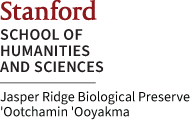Notes from the Field: Sergio Redondo on Cross-Cultural Learning Through Biological Field Work
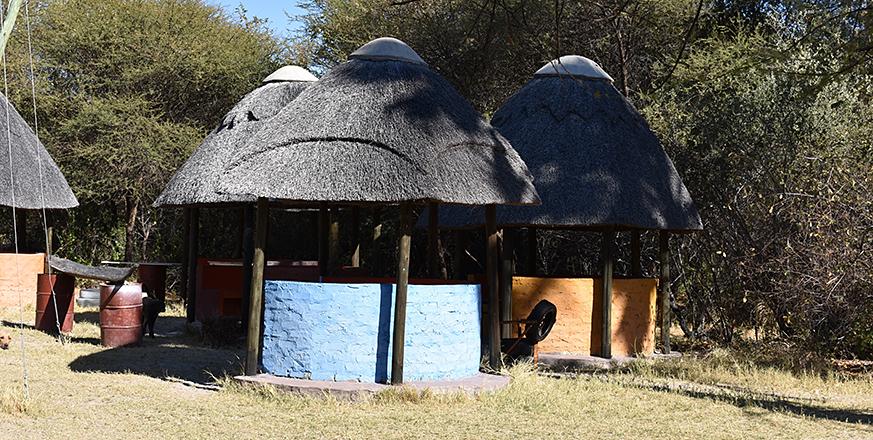
As was mentioned on multiple fronts by my peers throughout the summer, a critical component of our experience and journey was dedicated not only to us learning about the work being done in Botswana already by other organizations, but also about the peoples and cultures of the areas we were visiting. As a group, we prepared by learning the history of Botswana in the context of climate, politics, evolution, as well as conservation landscapes. However, I would argue that one could only learn so much from books, journals, and the Internet. That is why we incorporated a program into our visit led by Maun local Bontekanye Botumile (aka "Bonte" pictured below) for a cultural induction.
We learned various things about the history, people, food, music, and customs, among other facts and traditions that have come to be incorporated into the diverse communities of this country. We got to taste some traditional dishes, and they were delicious (picture below)! We also participated in some surprising and unique activities that most of us were a little embarrassed by, focused on puberty and adulthood. At first, many of us were at a loss for words when asked about what marks these critical shifts in our growth as humans. After a bit of silence, some in the group started to raise their hands. We know these things, but they tend not to be discussed in a group setting outside of health classes. Pictured below there were two activities that young women go through once they have reached puberty in some of the local communities focused on posture, growth, and strength. This actually became such a beautiful moment to learn about because it paralleled really well with many of the traditions that I grew up learning about in a Mexican family and community. Specifically, I appreciated how much was built into self-love and growth, body positivity, family units, and community dynamics.
This opportunity was also amazing because it gave us a glimpse of the interactions that the people have with their surroundings and specifically the environment, plants, and wildlife. For example, from an outside perspective, hunting as an activity can seem quite disastrous and unnecessary. As we sat and listened to the people (not just during this cultural induction) throughout our journey we learned that it is not only used as a means for attaining food, but also for clothing, art, and as a way to teach and learn about the environment, and above all an indicator of adulthood. As we think of our history as "humans" there is something quite beautiful in knowing just how ancestral this is and the root of these practices. It’s actually quite sad that we have so much to say for something that as outsiders affects us so little. Add on to that, the fact that these communities have rarely, if ever, overexploited these natural resources to the same degree that western civilizations continuously do around the world. These communities and environments have co-evolved for thousands of years and the people there know better than anyone how much hunting is appropriate.
I think connecting the human experience back to larger issues of conservation, education, and policies is paramount to their success, and we must always LISTEN to the voices of the people who are most impacted by these actions. Yes, we can still care about conservation, but if we really want to make that difference and protect the landscapes and wildlife, we MUST engage the communities that at the end of the day truly make the decisions and reap the benefits or consequences of these programs. Though we aimed to prepare ourselves for months before the trip, it was not until we were on the ground learning from the communities there that we truly knew the realities of conservation and how much one must learn about human communities in a space before beginning to understand these complex interactions between wildlife, people, and governments. I’m beyond words thinking about how kind and welcoming the Batswana were with us, and we hope to be back soon!
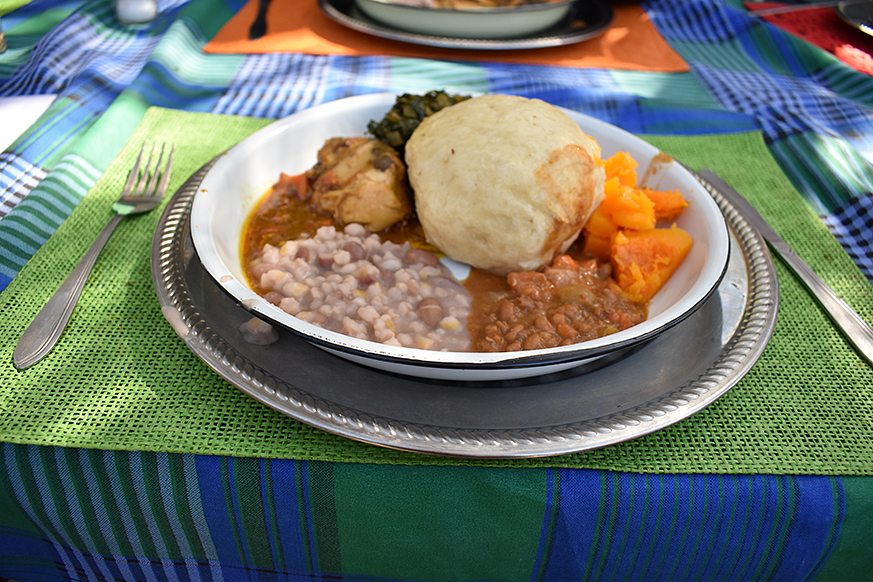
A delicious meal with traditional Botswana dishes.
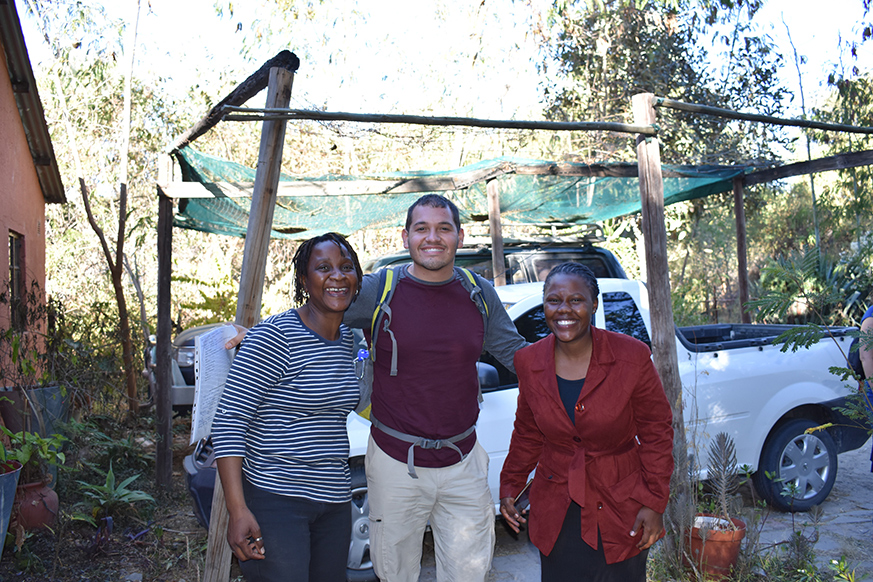
Graduate student Sergio Redondo (middle) with Bonte (left) and Wame (right) after the cultural induction.
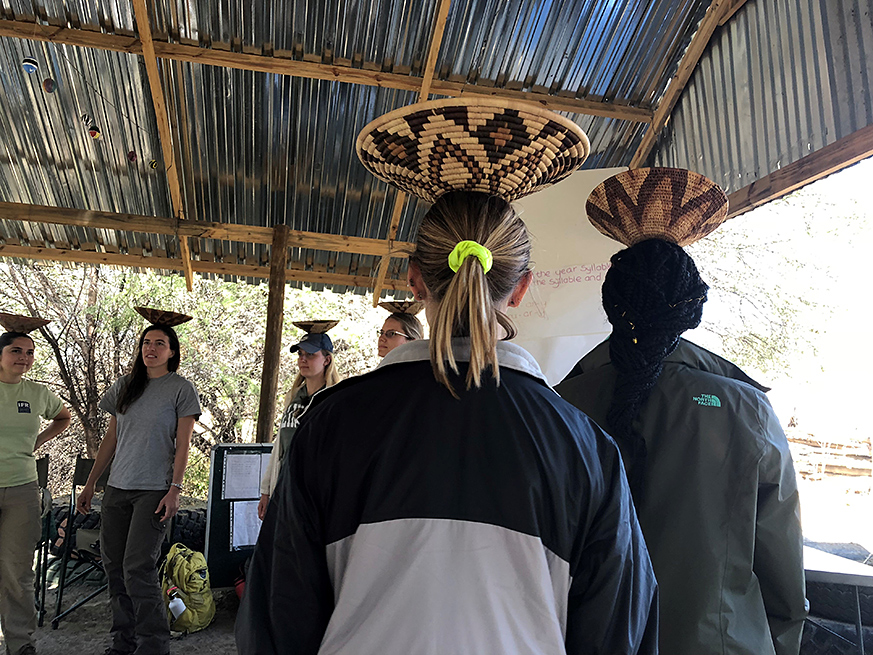
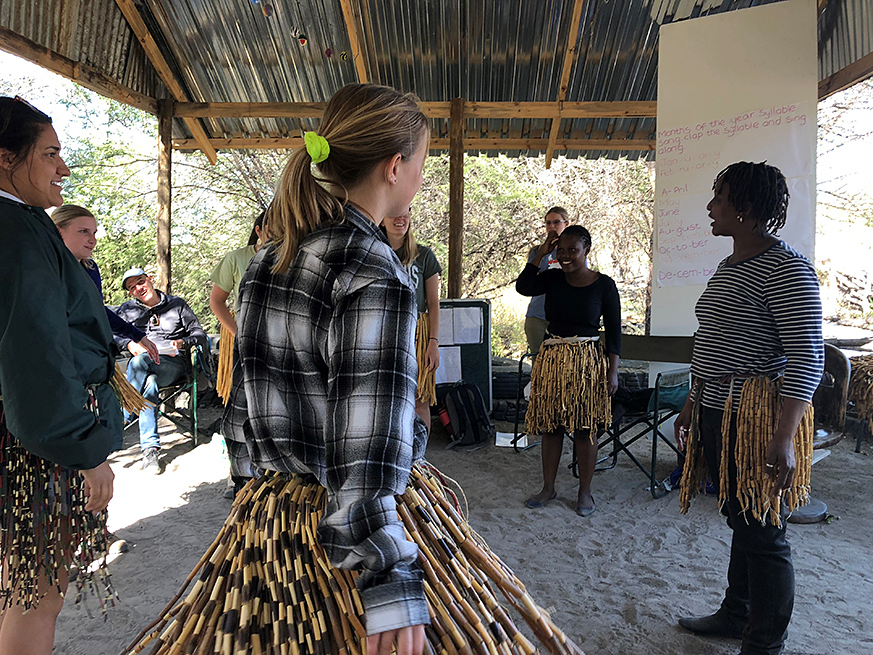
Several members of our group learning about some traditional activities taught to women who have reached puberty and are being prepared for adulthood.
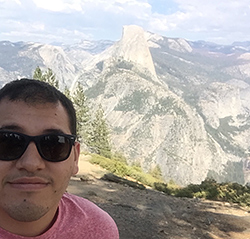 Sergio Redondo is a PhD candidate in the Hadly Lab
Sergio Redondo is a PhD candidate in the Hadly Lab


